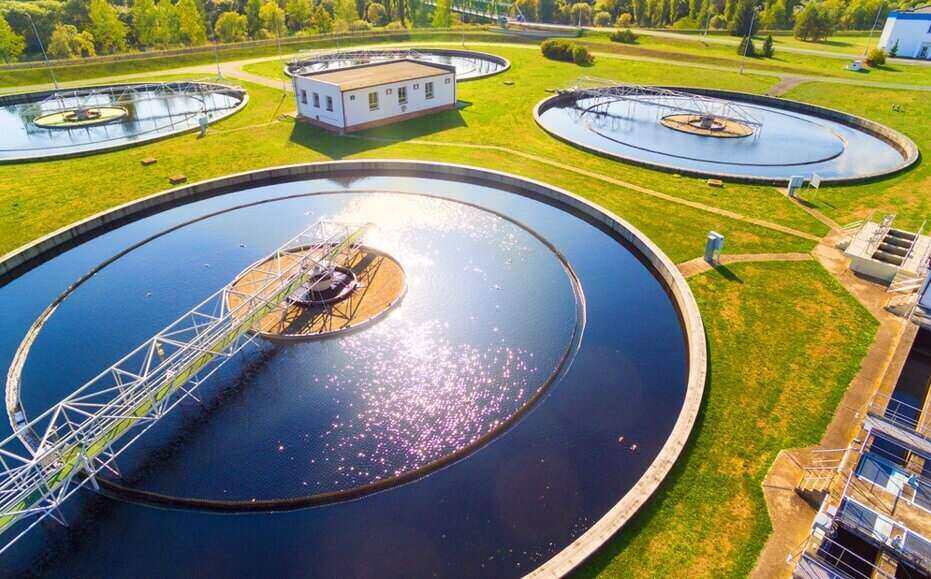Biodegradable Polymers
Biodegradable Polymers
Synthetic Biology
Simmy Sebastian
Eco-friendly polymers designed to decompose naturally, reducing plastic pollution.
Eco-friendly polymers, also known as biodegradable polymers, are designed to decompose naturally, reducing plastic pollution in the environment. These polymers are made from renewable resources, such as corn starch, sugarcane, or potato starch, and are engineered to break down into carbon dioxide, water, and biomass, leaving no toxic residues behind. The decomposition process is typically facilitated by microorganisms, such as bacteria and fungi, that feed on the polymer, breaking it down into smaller fragments. Eco-friendly polymers have a wide range of applications, including packaging, textiles, and biomedical devices, and offer a sustainable alternative to traditional plastics. They can be composted at home, reducing the amount of plastic waste sent to landfills and oceans, and can also be designed to be recyclable, further reducing waste. The development of eco-friendly polymers is a rapidly growing field, with many companies and researchers working to create new materials that are not only biodegradable but also have improved performance and functionality compared to traditional plastics.
Packaging materials: Biodegradable polymers can replace traditional plastics in packaging, reducing waste and the environmental impact of single-use plastics.
Medical devices: Eco-friendly polymers can be used in medical implants, wound dressings, and surgical meshes, which can degrade naturally in the body, reducing the need for additional surgeries.
Textiles: Biodegradable polymers can be used to create sustainable fabrics for clothing, upholstery, and other applications, reducing microplastic pollution in oceans.
Agricultural films: Biodegradable polymers can be used as mulch films, greenhouse films, and biodegradable seed coatings, improving crop yields and reducing plastic waste in agriculture.
Consumer products: Eco-friendly polymers can be used in a wide range of consumer products, such as disposable cutlery, straws, and bags, reducing plastic waste and pollution.
Composites: Biodegradable polymers can be used as a matrix for composite materials, creating sustainable and recyclable materials for various industries, including automotive, aerospace, and construction.
Biomedical applications: Biodegradable polymers can be used in tissue engineering, drug delivery systems, and biosensors, providing a biocompatible and biodegradable platform for medical applications.
Environmental remediation: Eco-friendly polymers can be designed to degrade and absorb pollutants, such as heavy metals and pesticides, providing a sustainable solution for environmental remediation.

World Economic Forum
Data
View Patent